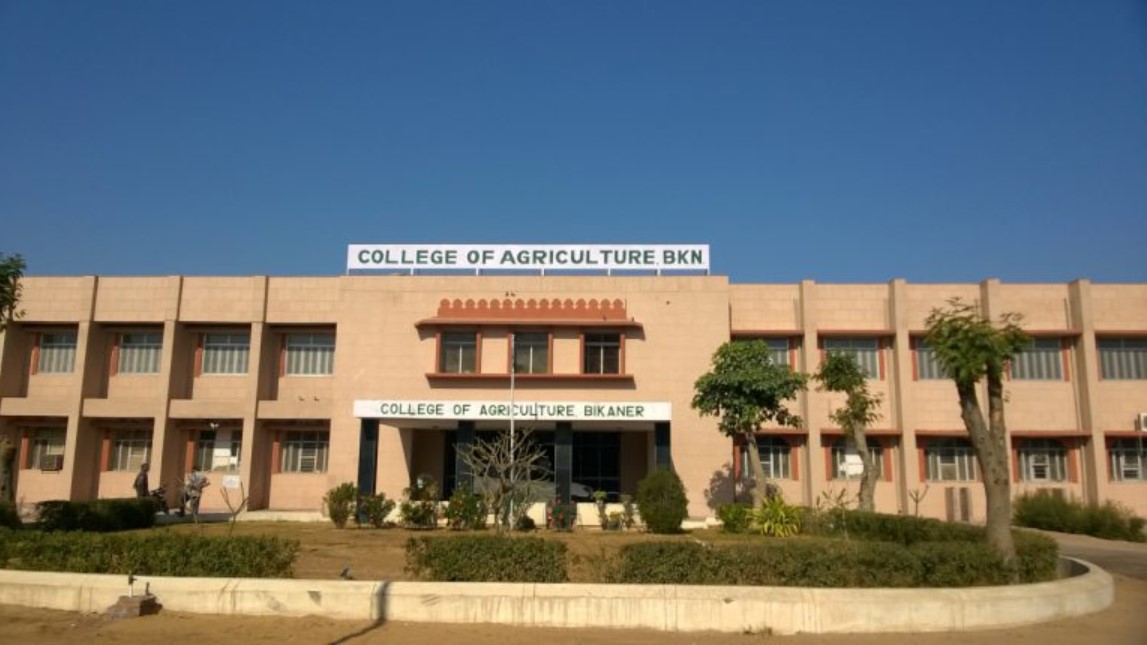


In a significant judgment delivered by the Supreme Court of India, the case of Rajasthan Agricultural University, Bikaner vs. Dr. Zabar Singh Solanki and Others has addressed the contentious issue of Career Advancement Scheme (CAS) benefits for university teachers who were initially appointed as Research Assistants and later re-designated as Lecturers and Assistant Professors. The ruling brings clarity to the applicability of CAS benefits and delineates the boundaries between different cadres within university teaching staff.
Background of the Case
The roots of this legal battle trace back to the appointments of 54 respondents as Research Assistants in the erstwhile University of Udaipur, which was later renamed as Mohan Lal Sukhadia University and eventually became Rajasthan Agricultural University, Bikaner. Initially, these Research Assistants were designated as Lecturers in 1977, following a University notification. Subsequently, they were promoted to the position of Assistant Professors and began receiving the same pay scales as other Lecturers/Assistant Professors.
In 1988, the Government of India introduced the Career Advancement Scheme (CAS) to revise the pay scales of university teachers, with the stipulation that every Lecturer completing eight years of service after regular appointment would be placed in a senior scale. The Rajasthan Agricultural University adopted this scheme, extending the revised pay scales to both Lecturers and Research Assistants.
However, a subsequent directive from the State Government of Rajasthan requested the university to rescind the resolution that extended these benefits to Research Assistants. This led to a series of legal disputes, with the Research Assistants challenging the State Government’s directive, resulting in a protracted legal battle.
Key Issues and Arguments
The primary issue at the heart of this case was whether the period of service rendered by Research Assistants, who were later designated as Lecturers and Assistant Professors, could be considered equivalent to that of directly appointed Assistant Professors for the purpose of CAS benefits.
Arguments by the Appellant (Rajasthan Agricultural University):
Arguments by the Respondents (Research Assistants):
Supreme Court’s Analysis and Verdict
Justice Ahsanuddin Amanullah, delivering the judgment, meticulously analyzed the legal and factual matrix of the case. The Court observed that the CAS specifically intended to encourage teaching staff by offering higher pay scales subject to certain conditions, including the completion of eight years of service after regular appointment.
Key Observations:
Conclusion: The Supreme Court set aside the judgments of the Single Judge and the Division Bench of the High Court that had granted CAS benefits to the respondents. It held that the respondents, being re-designated and not directly appointed, were not entitled to CAS benefits as per the policy's specific provisions.
Relief and Equity: The Court, however, directed that no recovery of the benefits already disbursed should be made from the respondents, acknowledging the inequity of such action at this late stage. The benefits already received would be reckoned notionally for the purpose of retiral and post-retiral benefits.
Implications of the Judgment
This landmark judgment underscores the importance of adhering to the specific terms and conditions of policy schemes like CAS. It also reaffirms the judiciary's role in interpreting policies as they are, without overstepping into policy formulation.
University administrations and teaching staff across India will closely study this ruling, as it clarifies the distinctions between different cadres and their eligibility for specific benefits. The judgment also highlights the necessity for clear communication and documentation when implementing policy changes affecting university employees.
In conclusion, the Supreme Court's verdict in this case not only resolves a long-standing dispute but also provides a clear framework for interpreting similar cases in the future, ensuring that policy benefits are granted in accordance with their intended scope and purpose.
TAGS: Career Advancement Scheme Supreme Court of India University teachers Regular appointment Research Assistants Pay scales Policy interpretation